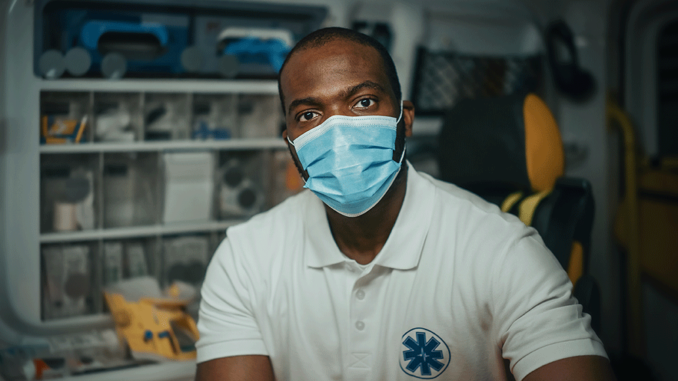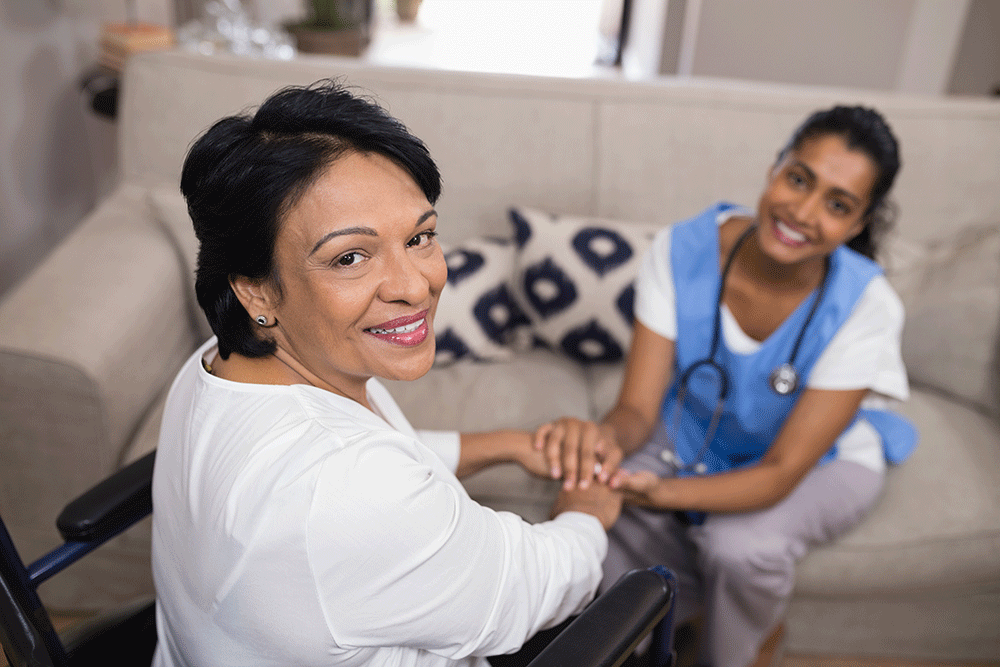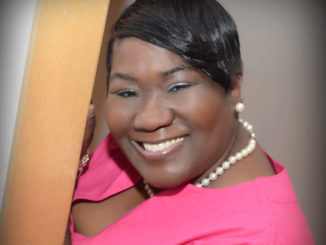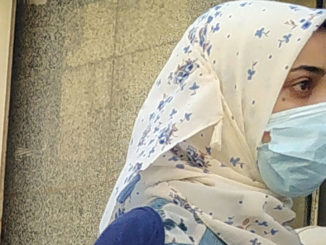
By Josephine Reid
Our rural neighbors should not be forgotten in the fight against COVID-19. The pandemic has presented new challenges for our healthcare system that are being brought to the forefront. Many rural communities are facing the worst of these underlying problems, including the lack of access to quality healthcare compared to urban communities. More than 1 in 5 (22%) of rural residents are people of color. Rural is defined as a location that lies “outside of urban clusters.”
Thankfully, there are organizations that are working specifically to help alleviate the disparities Black healthcare workers and the people they serve are facing.
The Black Coalition Against COVID-19 (BCAC) put a spotlight on some of their partner organizations during one of its recent Facebook Live events to help Black Americans make informed decisions about COVID-19. During the recent “Making It Plain: Rural Hospitals and the Healthcare Delivery System” town hall hosted by Dr. Reed Tuckson, the topic of rural healthcare in Black communities and other communities of color was discussed in depth with 14 health advocates who are working to advance COVID-19 prevention, guidance, vaccine acceptance, and vaccine administration in the United States.
Dr. Cameron Webb of the White House COVID-19 Response Team said, “Thanks to the Kaiser Family Foundation (KFF) and other organizations working in rural towns across America, overall COVID-19 related deaths have decreased since February because of the vaccination program – even within rural areas with less access to vaccines.”
Healthcare in rural communities took several hits prior to the pandemic. The worst year for rural hospitals was 2019, with 19 hospitals closing their doors. This downturn added to the lingering healthcare disparities in rural communities during the pandemic. Dr. Fran Witt of the American Hospital Association’s (AHA’s) Task Force said, “There are 60 million people that live in rural America. This represents one in five Americans. Since 2010, 136 rural hospitals have closed, and as a result of the pandemic, 20 more have closed.”
The AHA has studied the challenges facing rural and urban hospitals. They are making strides in healthcaredelivery and investing new resources to protect access to care for Americans living in rural communities.
“It’s interesting to see how access to vaccines has now played out to be a major concern across America, but access is something that rural America has always struggled to balance and deal with for its vulnerable population,” Dr. Witt said.
The Office of Minority Health is working diligently to make sure voices are heard in vulnerable populations and rural communities. Dr. LaShawn McIver, Director of the Office of Minority Health and representative of the Centers for Medicare & Medicaid Services (CMS), said the office has developed a Rural Crosswalk Report that looks at issues facing rural healthcare providers.
“The report talks about the flexibility to fight the COVID-19 pandemic, and it highlights the provisions that we’ve issued and the waivers that impact rural health clinics, federally qualified health centers, critical access hospitals, rural acute hospitals, and other skilled nursing facilities,” Dr. McIver explained. “This is one example of how the Office of Minority Healthis addressing the disparities rural populations face and now face on an even larger scale with the impact of COVID-19.”
Organizations such as KFF, AHA, and the Office of Minority Healthcare continuing to work hard in their determination to help rebuild the infrastructure of rural public healthcare and improve vaccine access.
“We’ve got a lot of work to do, but we’ve got the right people to do it,” said Dr. Tuckson, co-founder of the BCAC. “As we get closer to wining our fight against COVID-19, it’s crucial that Black Americans in our rural communities aren’t left behind.”
The awareness and partnership of healthcare leaders and community advocates across the United States feeds into our hope and our mission that “we can do this.”
To see a replay of this BCAC Facebook Live event in its entirety, go to BlackDoctor.org. For a list of upcoming events, COVID-19 health and wellness information, and other events, also go to BlackDoctor.org , the world’s largest and most comprehensive online health resource specifically targeted to African Americans.
For more information about COVID-19, health, and wellness, see Black Coalition Against COVID-19, a key health resource for African Americans.
Josephine Reid is a member of the Public Relations Team at Creative Marketing Resources, a strategic marketing agency in Milwaukee and a partner of the BCAC.






